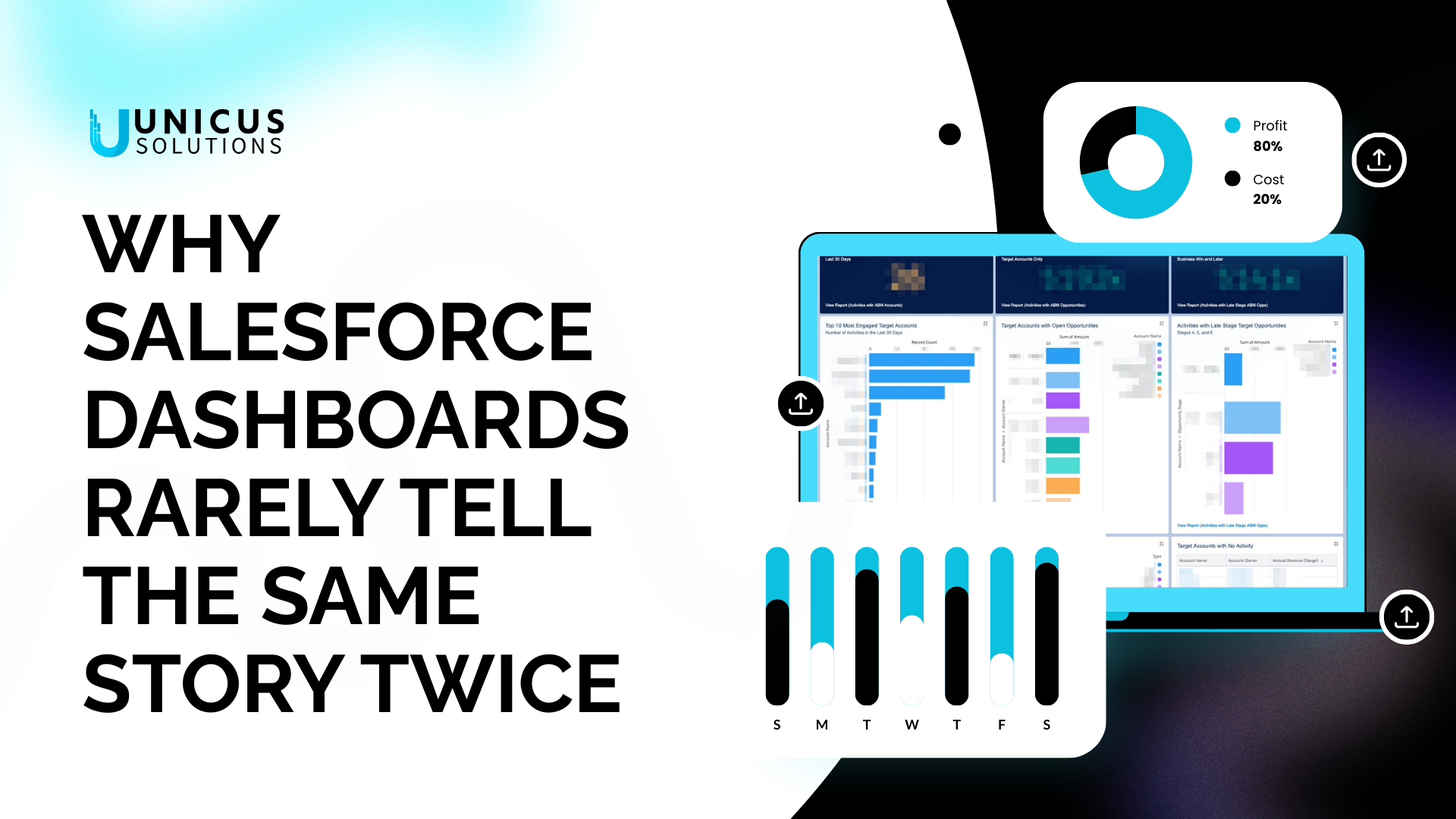Strategic planning is essential for businesses to stay competitive, anticipate challenges, and capitalize on opportunities. Unicus CRM offers a comprehensive suite of tools that support data-driven decision-making, streamline workflows, and enhance collaboration. Here’s how you can leverage Unicus CRM for effective strategic planning.
1. Data-Driven Insights for Better Decision-Making
Unicus CRM consolidates recruitment data into actionable insights, enabling recruiters to identify trends and areas for improvement. Metrics like time-to-hire, applicant sources, and candidate engagement provide a clear picture of recruitment performance.
- Example: By analyzing past data, you can identify which job boards yield the highest-quality candidates and allocate resources accordingly.
These insights help you set realistic goals and create strategies aligned with organizational objectives.
2. Streamlining Recruitment Workflows
Efficient workflows are key to executing strategic plans effectively. With Unicus CRM, you can automate repetitive tasks like resume screening, email follow-ups, and interview scheduling. This frees up time for recruiters to focus on high-value activities such as candidate engagement and strategic planning.
- Automation Benefits: Reduce manual errors and ensure consistency across recruitment processes.
3. Building and Managing Talent Pipelines
A robust talent pipeline is crucial for long-term strategic success. Unicus CRM enables you to segment and nurture candidates based on their skills, industry, and career goals.
- Proactive Recruitment: Keep passive candidates engaged with personalized outreach campaigns, ensuring your talent pool is ready when openings arise.
This approach reduces time-to-fill and ensures you’re prepared for future hiring demands.
4. Enhancing Collaboration Across Teams
Strategic planning often involves cross-functional collaboration. Unicus CRM’s centralized platform allows recruitment teams to share candidate data, feedback, and progress updates in real time.
- Shared Goals: Align hiring managers and recruiters with shared KPIs to ensure everyone is working towards common objectives.
5. Forecasting Future Hiring Needs
Unicus CRM’s analytics tools can help you anticipate future hiring demands based on company growth and industry trends.
- Example: Use historical data to predict peak hiring seasons and adjust your recruitment strategy accordingly.
Forecasting ensures that your team is prepared with the right resources to meet upcoming challenges.
Conclusion
Unicus CRM is more than a recruitment tool—it’s a strategic partner for planning and execution. By leveraging its data-driven insights, automation features, and collaboration tools, you can enhance your recruitment strategies and align them with long-term business goals.
For more on how Unicus CRM supports strategic recruitment planning, visit our CRM Solutions page. Transform your approach to hiring and build a future-ready workforce with Unicus CRM.




Leave a Reply